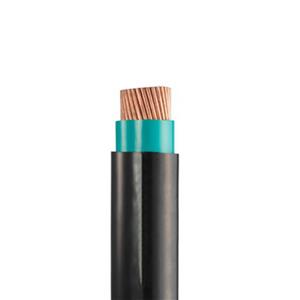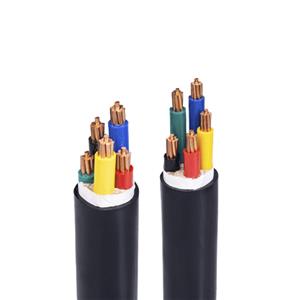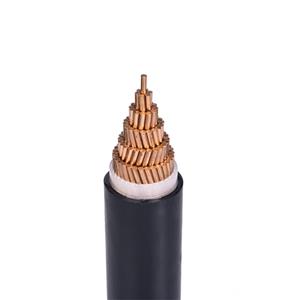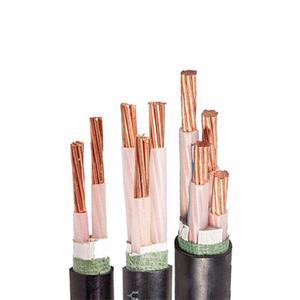What are the advantages and disadvantages of PVC wire?
Any PVC power cable or wire is versatile, has high tensile strength, has good conducting power and can be joined effortlessly. That being said, it is best to tackle the issue of the advantages and disadvantages of PVC wire or cable individually. What do I mean? There several types of PVC insulated cables that perform certain specific functions. To get a clear perspective of a particular PVC cable’s advantages and disadvantages, you have to look at it individually. For instance, the most commonly recognized advantage of PVC single core cable is its high current rating. This cannot be said about other types of PVC calbe. Which type of PVC wire do you intend to buy?
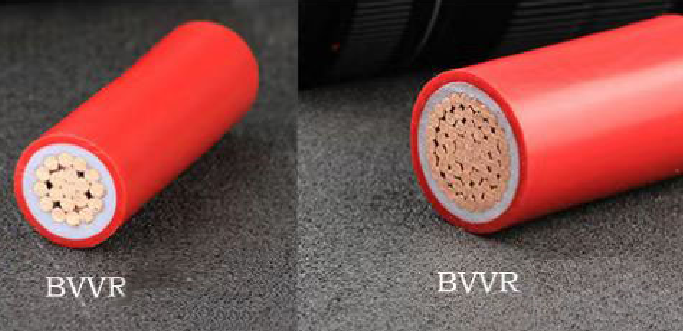
Assuming that you intend to buy a PVC control cable, you wouldn’t have to worry about electrolytic or chemical corrosion. PVC cables are generally advantageous in the sense that they are chemical-resistant, heat-resistant and water-resistant. Thus, if you intend to perform electrical installations close to chemicals, water or any heat-emitting appliances, a PVC insulated power cable will come in handy.
- PVC-Insulated Cable
- 450/750V BV Single- Core Cu/PVC Cable
- 450/750V BVR Single- Core Cu/PVC Cable
- 300/500V Or 450/750V RV Single-Core Cu/PVC Flexible Cable
- 300/500V Or 450/750V RVV Multi-Core Cu/PVC/PVC Flexible Black Cable
- 300/500V Or 450/750V RVV Multi-Core Cu/PVC/PVC Flexible White Cable
- 300/500V Or 450/750V RVVP Multi-Core Cu/PVC/CWS/PVC Screened Flexible Cable
- 450/750V KVV Multi-Core Cu/PVC/PVC Control Cable
- 450/750V KVV22 Multi-Core Cu/PVC/STA/PVC Armoured Control Cable
- 450/750V KVVP Multi-Core Cu/PVC/CWS/PVC Screened Control Cable
- 450/750V KVVP2-22 Multi-Core Cu/PVC/CTS/STA/PVC Screened Armoured Control Cable
- 0.6/1KV PVC-Insulated PVC-sheathed Single-Core Power Cable
- 0.6/1KV PVC-Insulated PVC-sheathed Multi-Core Power Cable

